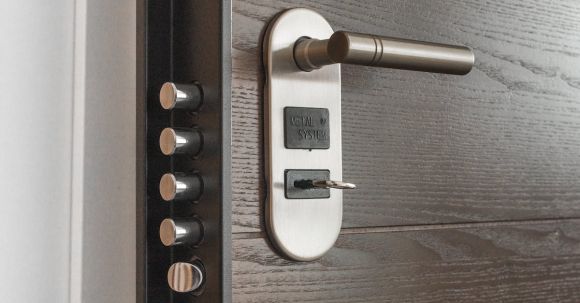In today’s world, ensuring the safety and security of our homes has become more important than ever. With the rise in crime rates and the increasing vulnerability of properties, installing a home security system has become a top priority for many homeowners. However, the process of choosing and installing a security system can be overwhelming. To help you navigate through this process, we have compiled a list of essential tips for installing a home security system.
Research and Assess Your Needs
Before diving into the world of home security systems, take the time to research and assess your specific needs. Consider factors such as the size of your property, the number of entry points, and the level of security you require. This initial step will help you determine the type of system that will best suit your needs.
Choose a Reliable Security Provider
Selecting a reliable security provider is crucial to ensure the effectiveness of your home security system. Take the time to research and compare different providers, considering factors such as their reputation, customer reviews, and the range of products they offer. Look for a provider that offers 24/7 monitoring and has a proven track record of providing reliable and responsive support.
Opt for Professional Installation
While some home security systems can be installed by homeowners themselves, opting for professional installation is often the best choice. Professional installers have the expertise and experience to ensure that your system is set up correctly and functions optimally. They can also provide valuable guidance on the ideal placement of sensors and cameras to maximize coverage.
Consider a Wireless System
Wireless home security systems have become increasingly popular due to their flexibility and ease of installation. Unlike traditional wired systems, wireless systems do not require extensive drilling or wiring, making them ideal for both homeowners and renters. Additionally, wireless systems can be easily expanded or relocated as needed, providing greater convenience and adaptability.
Secure all Entry Points
To ensure comprehensive protection, it is essential to secure all entry points in your home. This includes doors, windows, and any other potential access points. Install sensors and alarms on all entry points, and consider adding surveillance cameras to monitor and record any suspicious activity. Remember to also secure less obvious entry points such as basement windows and garage doors.
Integrate Smart Home Technology
Integrating smart home technology with your security system can provide an added layer of convenience and control. With smart home features, you can remotely monitor and control your security system using your smartphone or other connected devices. You can receive instant notifications of any security breaches and even control other aspects of your home such as lighting and temperature.
Regularly Test and Maintain Your System
Installing a home security system is not a one-time task. It requires regular testing and maintenance to ensure its continued effectiveness. Regularly test all sensors, alarms, and cameras to ensure they are functioning properly. Additionally, make sure to keep your system updated with the latest software and firmware upgrades to stay ahead of potential vulnerabilities.
In conclusion, installing a home security system is a crucial step in protecting your property and loved ones. By following these tips, you can ensure that your system is correctly installed and optimized for maximum security. Remember to research and assess your specific needs, choose a reliable security provider, opt for professional installation, consider a wireless system, secure all entry points, integrate smart home technology, and regularly test and maintain your system. With a well-designed and properly installed home security system, you can have peace of mind knowing that your home is protected around the clock.





